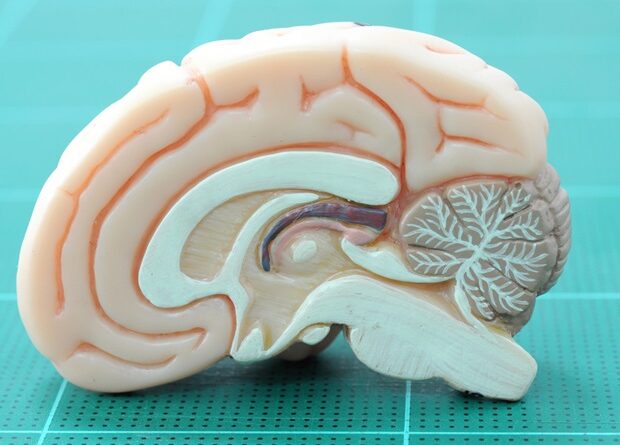Children who consume more isoflavones from soy foods show better cognitive and attention skills
A new study found that school-age children who ate more isoflavones from soy foods showed better cognitive ability and attention. These findings pave the way for future research aimed at unraveling how soy foods may affect children’s cognitive abilities.
Isoflavones are natural compounds found in various plants, especially soybeans and soy products. Although previous research in adults has shown that soy isoflavones can improve memory, the benefits have not been well studied in children.
Soy foods are usually not a common part of children’s diets in the United States. Our study adds to the evidence for the importance of nutrients in soy foods for early childhood cognition. “
Ajla Bristina, neuroscience doctoral student, University of Illinois Urbana-Champaign
Bristina will present the findings at NUTRITION 2024, the annual meeting of the American Nutrition Association held June 29-July 2 in Chicago.
In order to examine the potential benefits of soy isoflavones, researchers reviewed previously available data from a cross-sectional study involving 128 children aged 7 to 13. They used information from 7-day food records to calculate the average food intake for each child, including expenses. Dietary macronutrients, micronutrients, vitamins and isoflavones. To assess children’s general cognitive abilities, the researchers used a set of pencil-and-paper tests designed for grade level. They also measured attentional abilities using a computer task known as the flanker task while electroencephalographic (EEG) activity was recorded and used to measure the speed and attention of information processing. .
“No other studies have examined the relationship between soy isoflavone and the ability to pay attention using EEG or similar measures to record the electrical activity produced by the brain,” said Bristina.
Overall, the analysis revealed that the children in the study tended to eat foods low in isoflavones containing soy. However, those who ate more soy food showed faster responses during attention tasks and showed faster processing speed. No relationship was seen between soy isoflavone intake and general cognitive ability.
“The children in our study consumed an average of 1.33 mg of isoflavones per day, which, although low, is consistent with values previously reported for the United States,” said Bristina. “Soy consumption for individual participants ranged from 0 to 35 mg/day. To put this into perspective, 8 fl. oz of soy milk provides approximately 28 mg of isoflavones , serving of tofu provides about 35 mg and a half cup. Steamed edamame provides about 18 mg of isoflavones.”
Bristina says snacks such as fried edamame, soynuts or soy milk are a good way to include more soy in the diet. Tofu, tempeh or soy-based nuggets are also good options for meals.
“Relationship studies like this are the first step,” said Bristina. “To better understand the effects of soy food consumption on children’s cognitive abilities and the correct dose of isoflavones needed to produce faster response times will require intervention methods.” To find out more, a research team has recently started a clinical trial examining the effects of soy foods on cognitive function, sex hormones, metabolic health and gut health.
Bristina will present this research at 8:12-8:24 am CDT on Tuesday, July 2, during the Nutritional Neuroscience: Impact of Nutrition on Cognition and Disease Severity Across the Lifespan session at McCormick Place.abstract; production details).
Please note that the estimates presented in NUTRITION 2024 were reviewed and selected by a committee of experts but often have not undergone the same peer review process required for publication in a scientific journal. Therefore, the results presented should be considered preliminary until a peer-reviewed publication is available.
Source:
American Association of Nutrition
#Children #consume #isoflavones #soy #foods #show #cognitive #attention #skills
